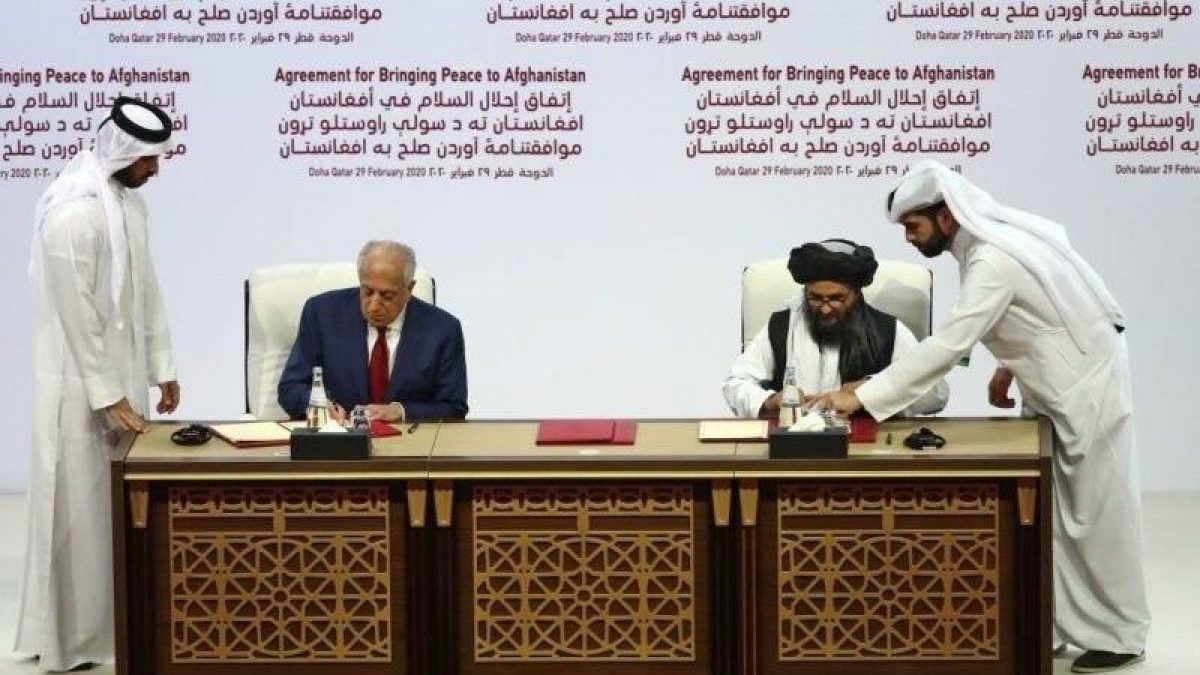
Course Description
The NIAS Online Certificate Course on Contemporary Peace Processes, Thinkers and Theories aims to provide an in-depth understanding on the discourses of peace research. Hailing from a conflict-torn region, the academic tradition has primarily been such that the concept of peace are studied as corollary to conflict. This course brings peace as a prime focus and strives to give its students a scope to talk more about peacebuilding, peace processes and the need to study the ‘last mile’ problem. Adopting a comparative analytical method to study global peace processes and its propagates, the course will thereby ponder on ‘peace as an extension of politics in other means.’
Faculty
The course will be instructed by Dr D Suba Chandran, Dean & Head, Conflict Resolution and Peace Research Programme.
The course will also have invited lecturers from different universities across the world apart from a focused faculty from South Asia. The faculties will not only delve on theories and issues in peace research but their short and long-term ethnographic experiences on different peace processes and conflict zones across the world will be an incentive in the coursework.
Medium of Teaching
The course will primarily follow a lecture mode of instruction. The lecture will also ensure group discussion, interactions and critical thinking sessions. The second mode of teaching will be workshops wherein frequent presentations by the course candidates with be evaluated by exert discussants.
Level of course
MA/M Phil/ PhD
Duration
January to December 2022
Weekly one class: Saturday
Course Syllabus
Theories/Perspectives/Thinkers
i. Defining Peace
ii. Theories of Peace
iii. Peace Thinkers: Kenneth Boulding, John Burton, Herbert C. Kelman, Johan Galtung, John Paul Lederach, Mahatma Gandhi, Confucius, Mahbub ul Haq and Amartya Sen
Peace in Practice: Case Studies
i. Peace building in South Asia: Afghanistan, Pakistan, Northeast and J&K in India, Sri Lanka and Nepal, India-Pakistan
ii. Contemporary peace processes across the world: Israel-Palestine, Ireland, Colombia, Sudan, Myanmar, Nagorno-Karabakh
Issues/Perspectives on Peace
i. Philosophical
ii. Sociological
iii. Political
iv. Environment
v. Gender
Coursework
The coursework will include frequent writing and publishing scopes at the institutes’ research portal, the Conflict Reader (https://conflictreader.org/index.php).
• Short notes: Regular writing of 600 words short notes in the research series called the Conflict Weekly.
• Commentaries: Contributing research analyses in 1000 words of one of the topic of interest.
• Briefs: Candidates will have to write either a policy brief or an issue brief within 2500 words on a larger conflict issue.
Outcomes
The course will focus on sharpening the writing skills apart from building the academic knowledge on peace research. The research by IPRI is regularly published as Briefs, Comments and the Conflict Weekly that involve rigorous analyses of peace and conflict processes across the world. Opportunities to publish brief, monograph or essays are outcomes of the course. Select candidates will also be offered internship scoped at the institute.
Assessment
Regular writings (commentaries, briefs and presentations), paper/commentary presentations in classroom and submission of one issue brief in 2500 or one essay in 5000 words at the end of the course.
Registration
To register for the course please email us your application by 20 December 2021 to
subachandran@nias.res.in
Application procedure
Your application mail should contain the following documents in this order:
1. Statement of Purpose (in 1 page)
2. Resume (not more than 4 pages)
3. Two Letter of Recommendations (One should be from your Head of the Department)
4. A recent writing sample
Please send us your application as one PDF file.